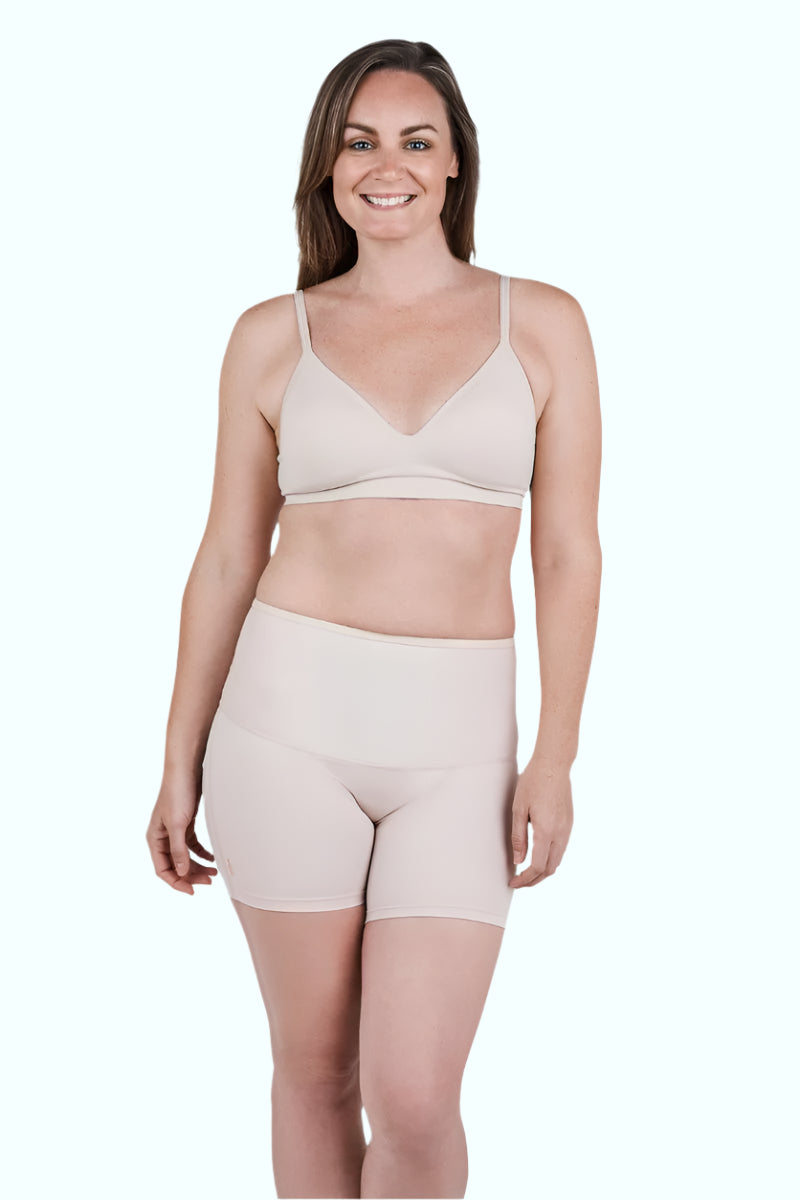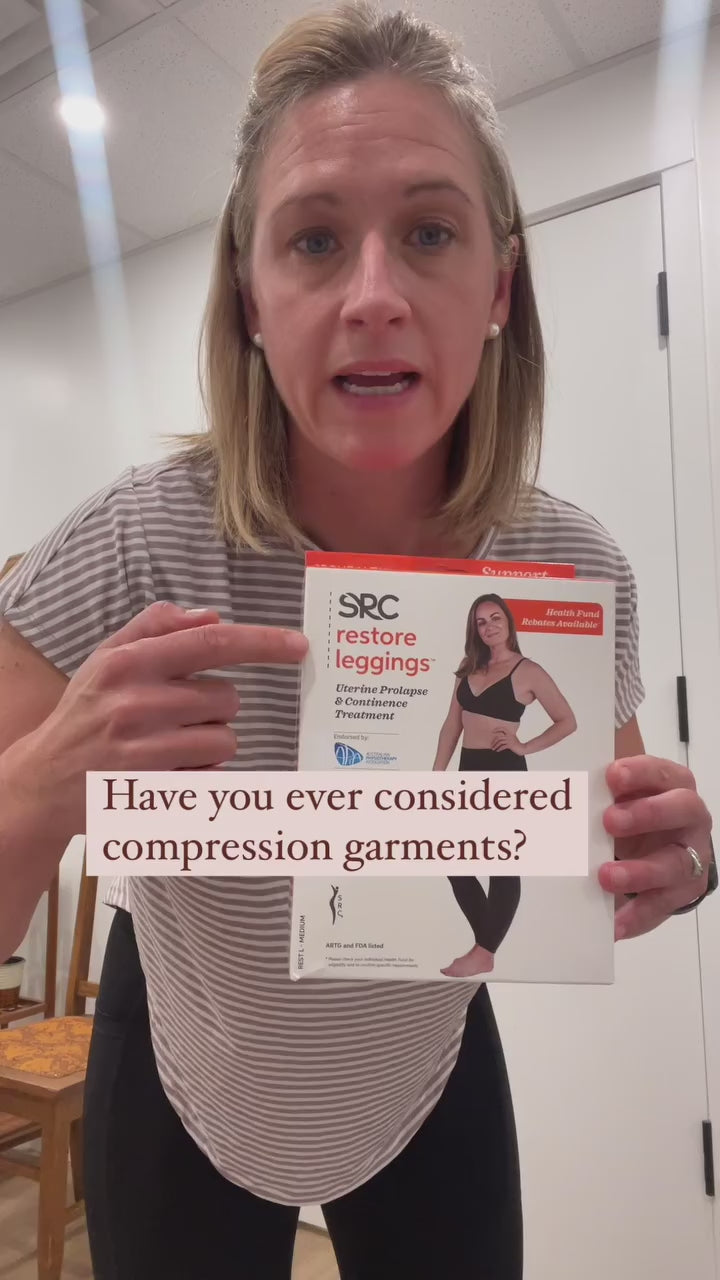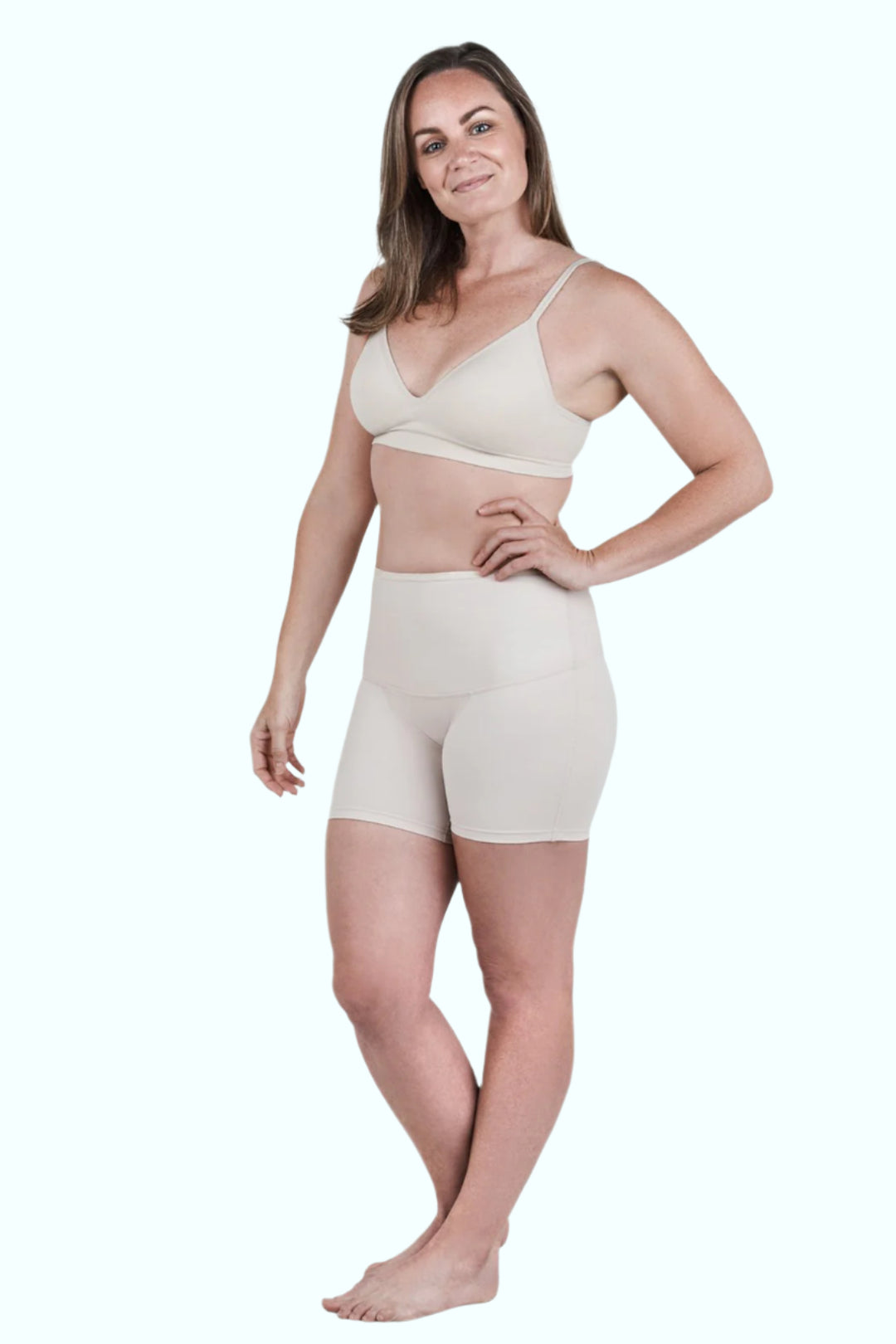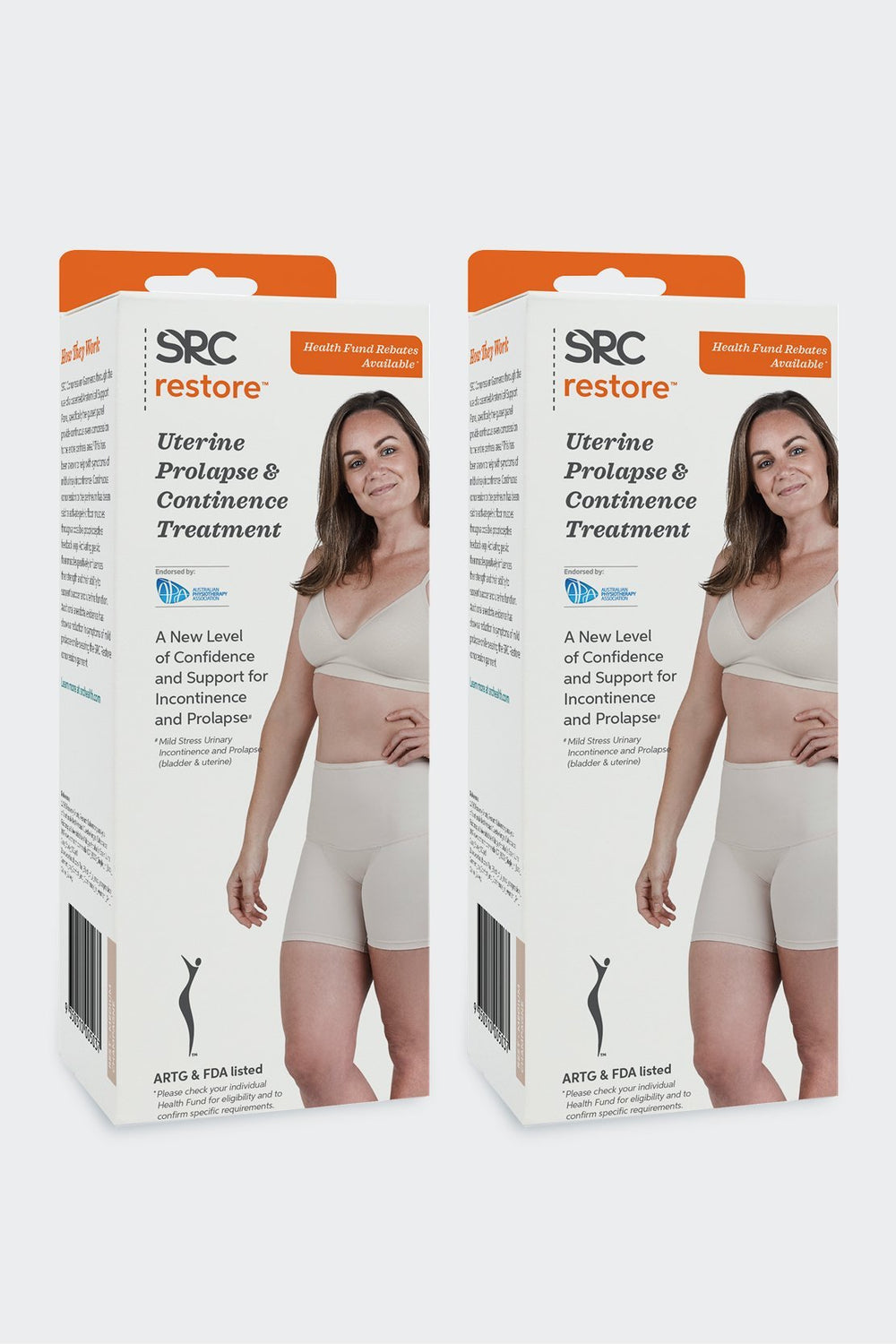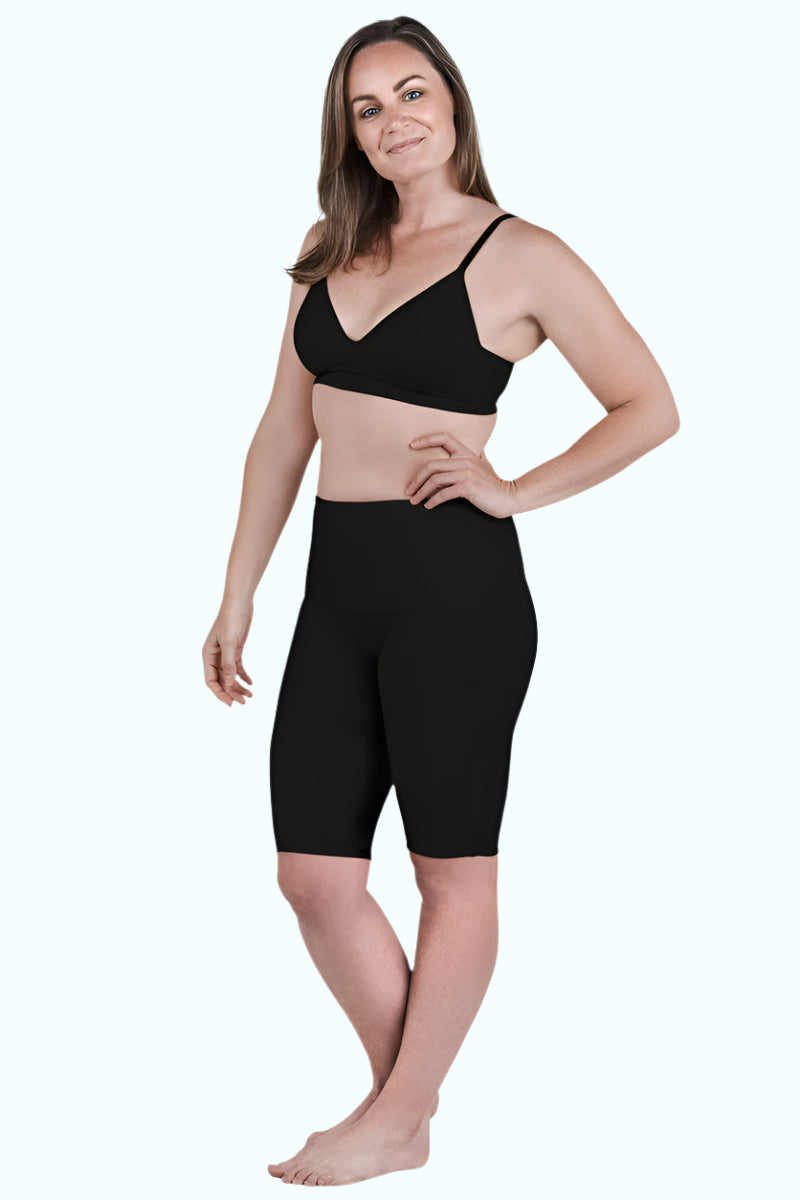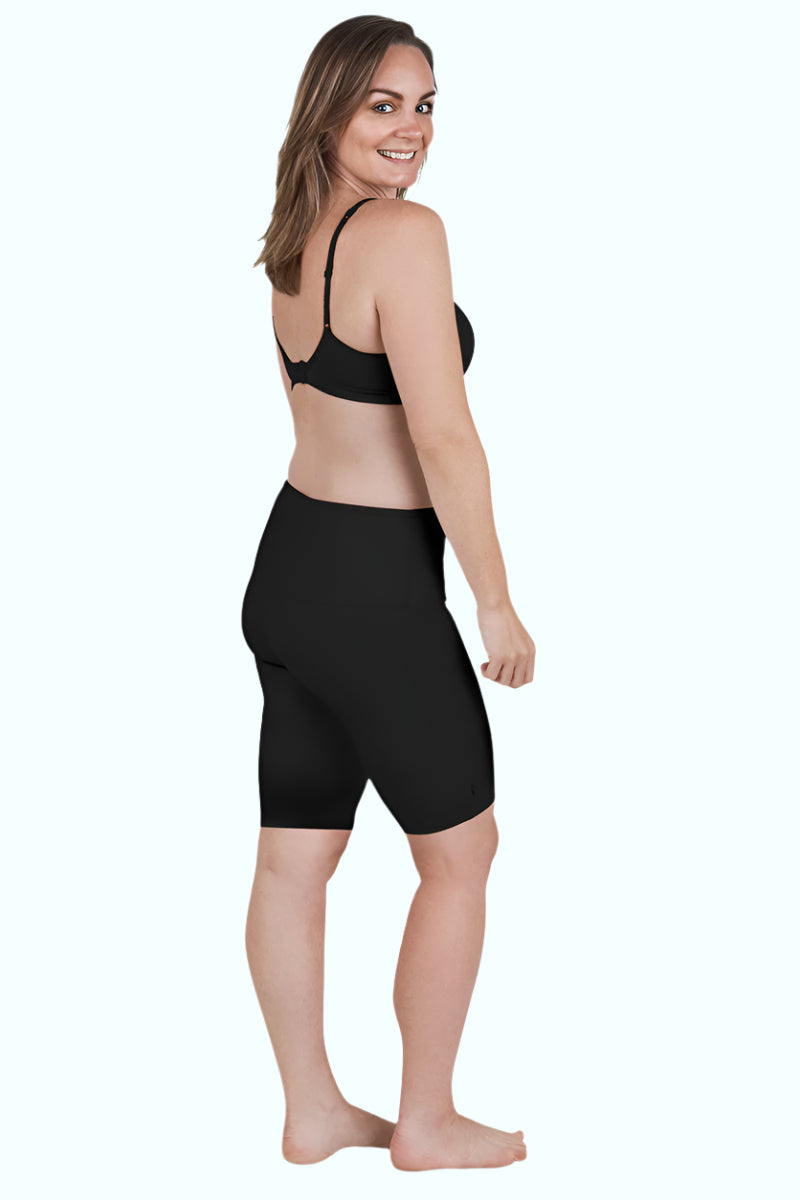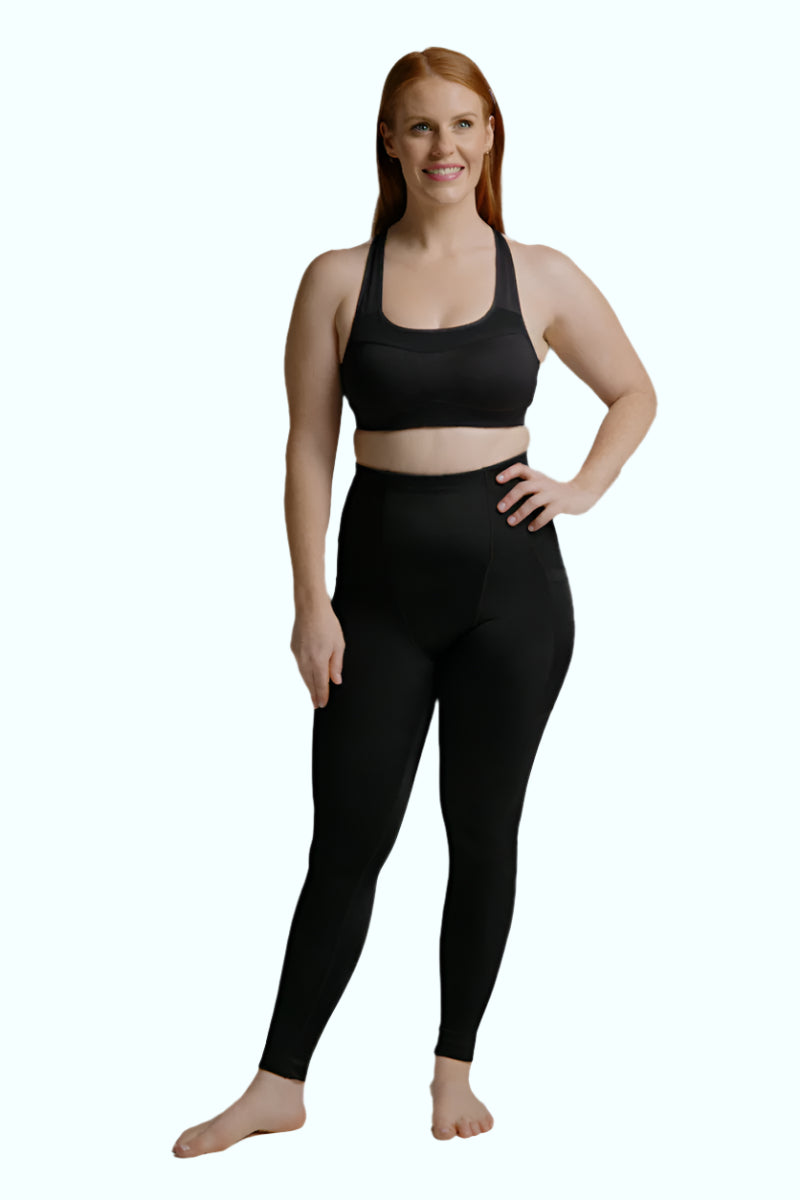Do you often wake up multiple times at night to urinate? This condition, known as nocturia, can severely disrupt your sleep and overall quality of life. But what if there was a simple, non-invasive solution to reduce those frequent nighttime trips to the bathroom? Recent research suggests that wearing knee-length graduated compression stockings (GCS) during the day might be the answer.
Nocturia is characterised by the need to wake up during the night to urinate. It's more than just a minor inconvenience; it can lead to:
- fragmented sleep,
- daytime fatigue, and
- a number of other health issues.
While occasional nocturia is normal, frequent episodes may indicate an underlying problem, such as poor circulation or venous insufficiency.
A recent study titled "The Effect of Daytime Knee-Length Graduated Compression Stockings on Nocturia: A Randomized, Double-Blind, Placebo-Controlled Trial" explored whether GCS could reduce nocturia episodes. The researchers hypothesized that the mechanical pressure exerted by these stockings on the legs could improve circulation and reduce fluid retention, thus decreasing the need to urinate at night.
The study was meticulously designed to ensure accuracy and reliability. Participants were randomly assigned to either the treatment group, which wore knee-length GCS, or the placebo group, which wore compression stockings without graduated compression. This setup allowed the researchers to compare the effects accurately and objectively.
The study included adults who frequently experienced nocturia but had no major underlying health conditions that could affect the results, such as severe cardiovascular or renal diseases. This focus ensured that the findings were relevant to individuals typically affected by nocturia due to venous insufficiency or other related factors.
The results were promising:
- Participants who wore the knee-length GCS experienced a greater reduction in nocturia episodes compared to those in the placebo group.
- The GCS group showed a 54.3% reduction in the nighttime frequency from baseline to the later periods, which is significantly better than the 30.5% reduction in the non-GCS group.
- Simply put, the treatment group had fewer nighttime awakenings to urinate, indicating that the GCS were more effective in alleviating nocturia symptoms.
The mechanism behind the effectiveness of GCS lies in their ability to reduce lower limb oedema (leg swelling) through improved venous return. By applying graduated pressure, these stockings help prevent fluid from accumulating in the legs during the day. This fluid, if not managed, can be reabsorbed and lead to increased nighttime urination. Enhanced circulation and reduced leg swelling appear to alleviate nocturia symptoms effectively.
These findings offer a significant breakthrough for managing nocturia, especially in individuals with venous insufficiency.
Knee-length GCS present a non-invasive, low-risk intervention that can substantially improve sleep quality and overall well-being. If you or someone you know struggles with nocturia, discussing the potential benefits of GCS with a healthcare provider could be a game-changer.
Nocturia can also contribute to pelvic floor dysfunction. Repeatedly waking up and straining to urinate puts additional stress on the pelvic floor muscles. Over time, this can lead to muscle strain, inflammation, and even injury, further compromising the pelvic floor's integrity and function.
Additionally, nocturia can result in an overactive or hypersensitive bladder, leading to urge incontinence—a type of bladder leakage triggered by involuntary bladder contractions.
The pelvic floor is a group of muscles and tissues forming a supportive hammock-like structure at the base of your pelvis. These muscles are crucial for maintaining urinary and bowel continence, supporting pelvic organs, and contributing to sexual function and core stability. When these muscles are weakened or damaged, it can result in various issues, including urinary incontinence, pelvic organ prolapse, and sexual dysfunction.

There are several strategies to manage nocturia and its impact on the pelvic floor:
- Consult a Women's Health Physiotherapist or Healthcare Provider: If you experience frequent nocturia, it's essential to seek professional advice. Nocturia can be a symptom of underlying conditions such as diabetes, sleep apnoea, or prostate issues.
- Reducing fluid intake before bedtime, avoiding caffeine and alcohol, and practicing timed voiding can help train your bladder to hold more urine.
- Strengthening the pelvic floor muscles through exercises can improve bladder control and reduce nocturia. However, many people struggle with doing these correctly or consistently. A Women’s Health Physiotherapist can teach you how to perform these exercises effectively.
- Consider SRC Knee-Length Graduated Compression Stockings: These can reduce nocturia episodes and enhance overall quality of life.
- SRC Restore ‘Treatment Underwear’ assists with mild bladder and/or uterine prolapse (POP) and/or stress urinary incontinence (SUI). It’s revolutionary in the way it provides a potential proprioceptive feedback loop, thus activating pelvic floor muscles, minimising, or preventing leaking.
Nocturia not only disrupts sleep but also has a direct impact on pelvic floor health. Addressing nocturia through lifestyle changes, pelvic floor exercises, and innovative treatments like SRC Restore and SRC Graduated Compression Socks can significantly improve both nocturia symptoms and overall pelvic health.
If you’re struggling with frequent nighttime urination, consider consulting with a pelvic health specialist to explore the best treatment options for you. With the right approach, you can reduce those nighttime bathroom trips and enhance your quality of life.
References:
-
The effect of daytime knee-length graduated compression stockings on nocturia: A randomized, double-blind, placebo-controlled trial Akiko Mizoguchia,∗, Kaoru Nishimurab, Hiromitsu Mimatac, Masato Fukiaged, Masahiro Sawadad, Ichiro Shingad, Toshitaka Shin (2023)
-
IS NOCTURIA THE CAUSE OF YOUR WEAK PELVIC FLOOR? UROSPOT, Pelvic Health and The Kegel Throne
- Nocturia- Incontinence at night- Fyzical Therapy and Balance Centre







